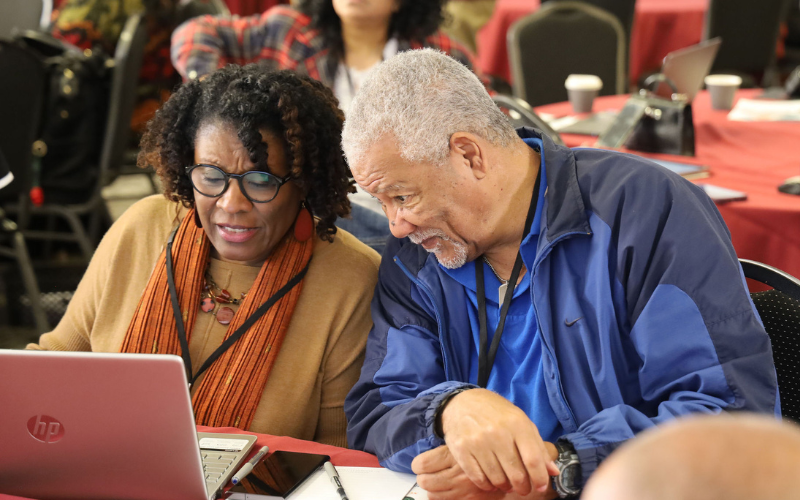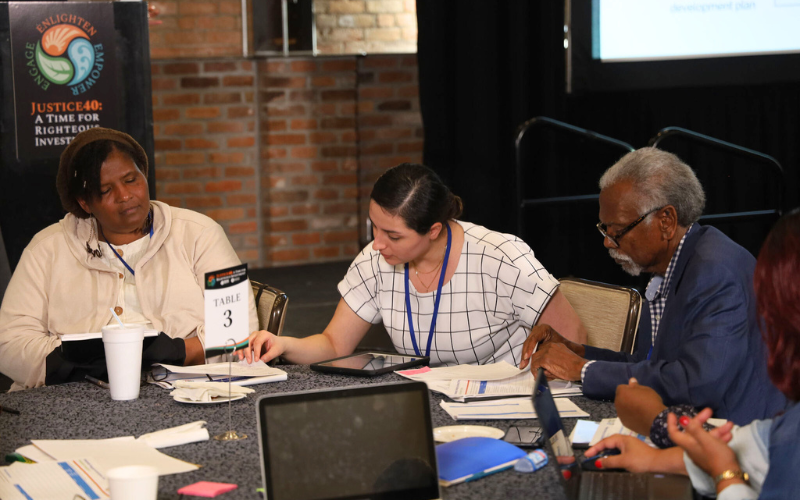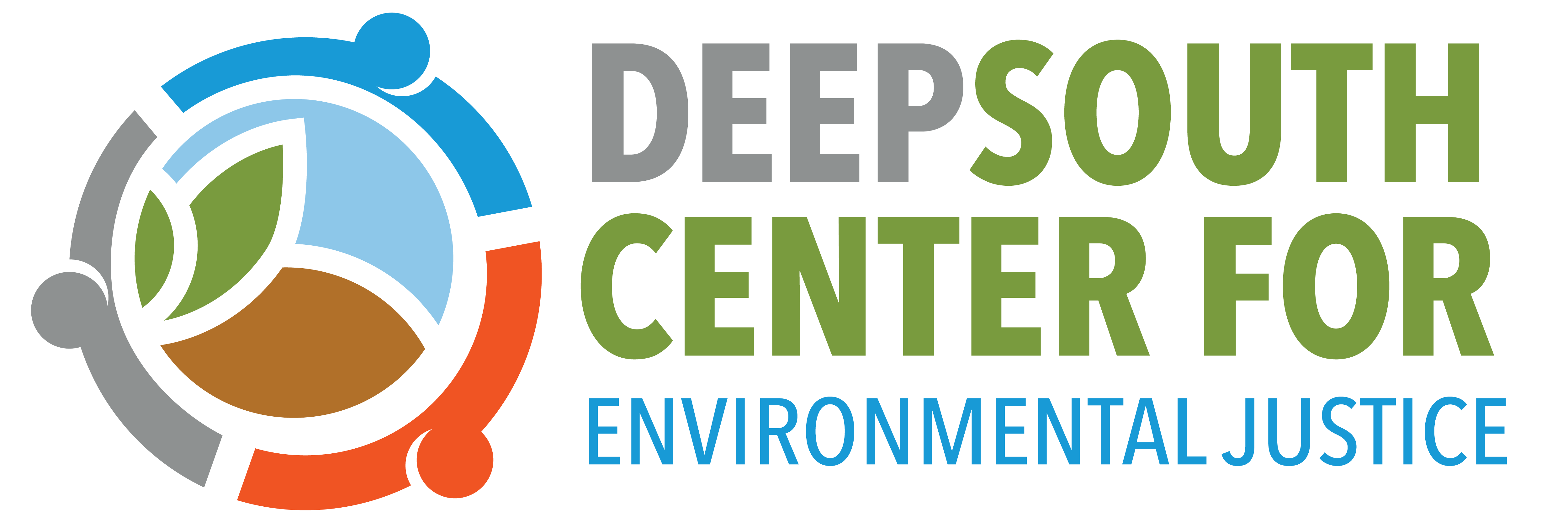Communiversity
The Deep South Center for Environmental Justice (DSCEJ) has developed and embraces a model for community partnership that is called “Communiversity.” This model emphasizes a collaborative partnership between universities and communities.
The partnership promotes bilateral understanding and mutual respect between community residents and academicians. In the past, collaborative problem-solving attempts that included community residents and academicians were one-sided in terms of who controlled the dynamics of the interaction between the two, who was perceived as knowledgeable, and who benefited.
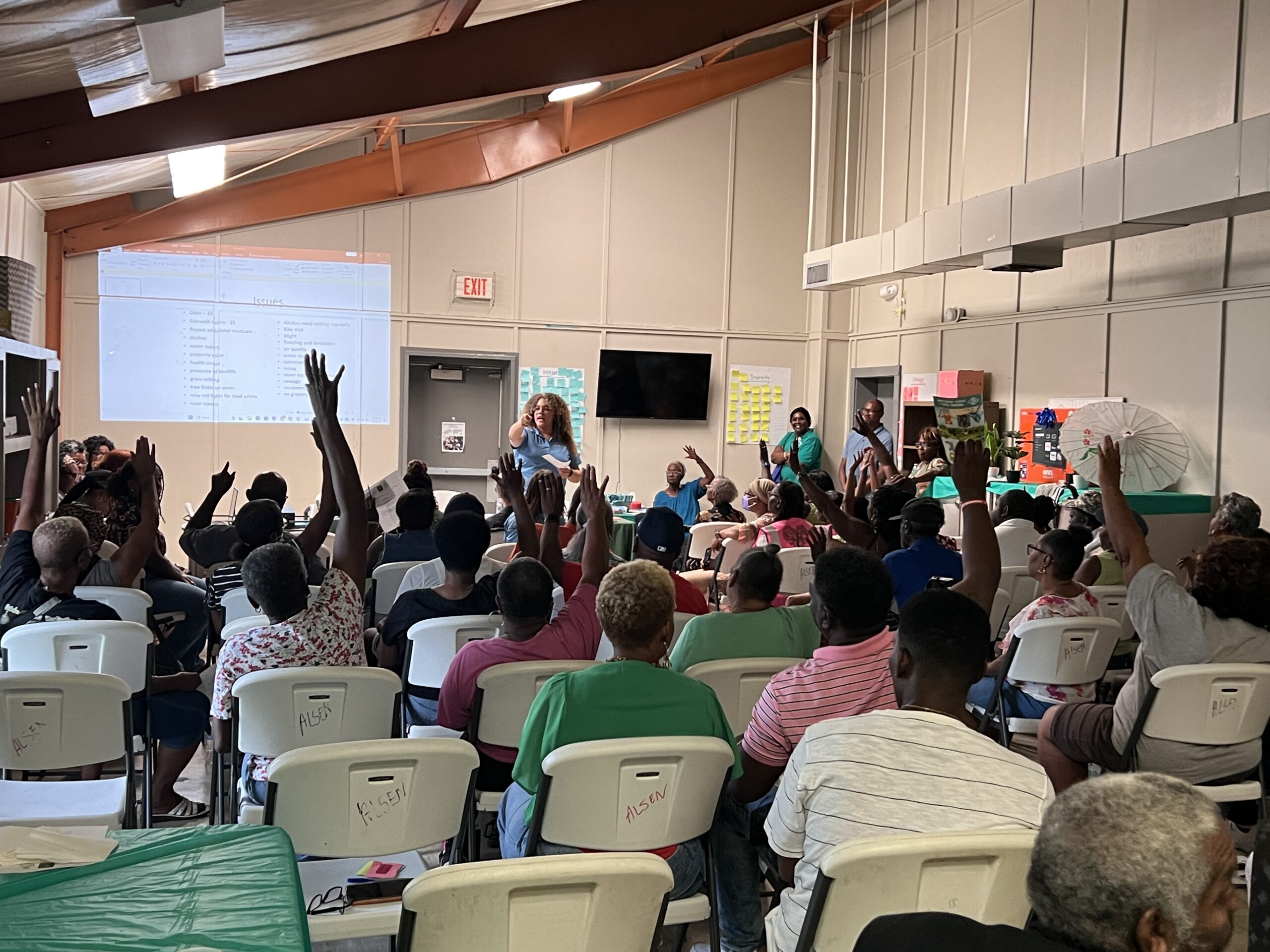

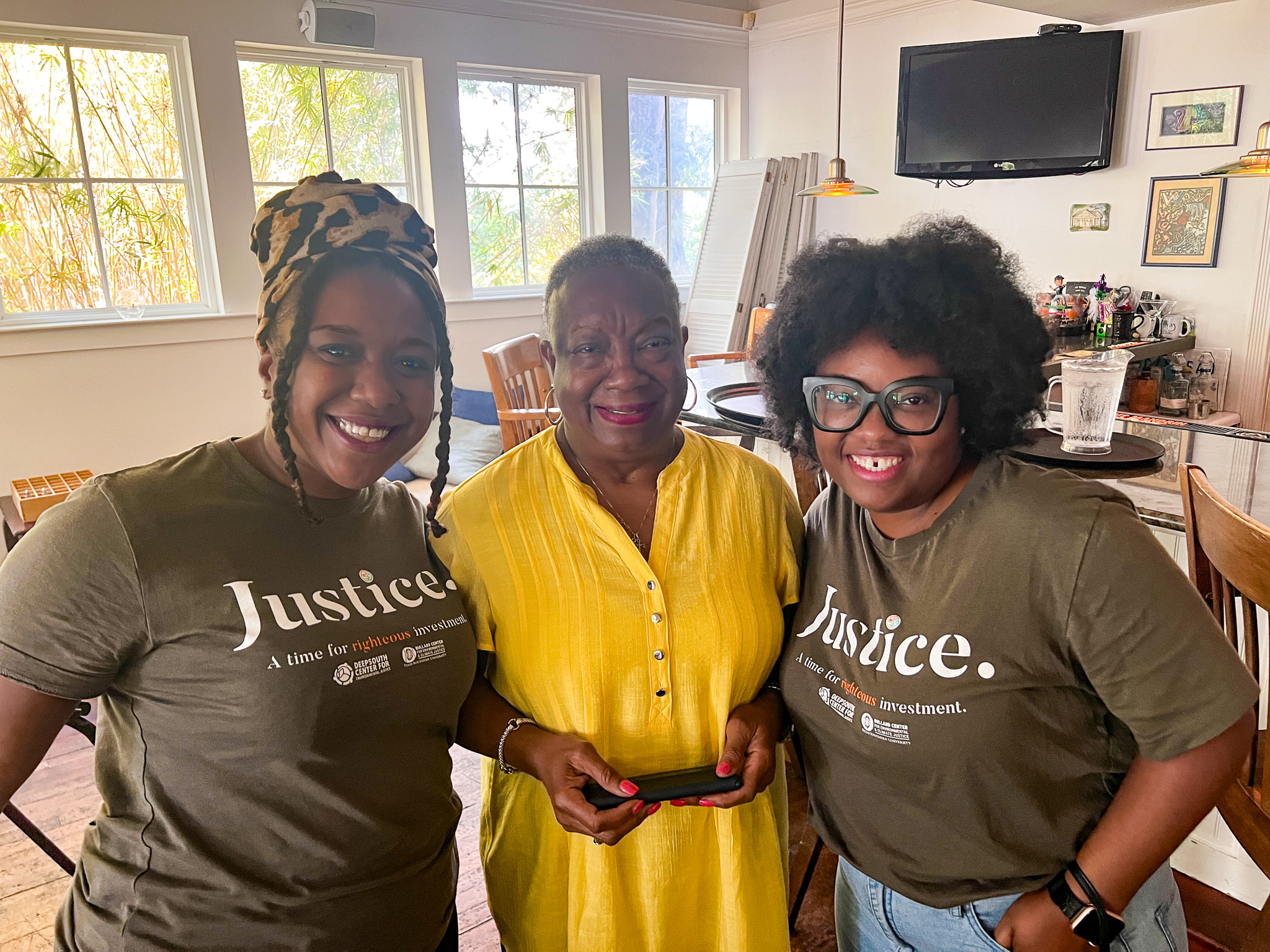

The essence of the communiversity approach is an acknowledgment that for effective research and policy-making, valuable community life experiences regarding environmental insult must be integrated with the theoretical knowledge of academic educators and researchers.
Either group alone is less able to accomplish the goal of achieving environmental equity, but the coming together of the two in a non-threatening forum can encourage significant strides toward solutions. The DSCEJ has advanced the communiversity model with the formation of the DSCEJ Community Advisory Board (CAB). The board consists of grassroots community leaders, non-profits, academics, and government officials along the Louisiana Mississippi River Chemical Corridor and the Gulf Coast Region.
The DSCEJ partners with communities harmed by racially disproportionate pollution burdens and attendant climate vulnerabilities. In these partnerships, the Center builds the capacity of communities to respond to environmental threats and hazards through workshops and convenings.
We train community members how to:
Monitor environmental hazards in their neighborhood.
Understand the risks of toxic exposures.
Research environmental data online.
Know their rights & the duties of governmental agencies.
Develop strategic advocacy for policies that prevent & remedy environmental harm.
We provide a wide array of organizational assistance to sustain community partners that include:
LEADERSHIP DEVELOPMENT
STRATEGIC ADVOCACY
OUTREACH & RECRUITMENT
GRANT WRITING & FUNDRAISING
PARTNERSHIP BUILDING
The Center provides technical assistance to community partners that focuses on building environmental science and environmental justice literacy as well as strengthening participation in policy decisions on issues of concern.
This technical assistance includes:
- preparing environmental justice analyses and reports on proposed or existing developments requiring environmental permits
- collecting toxicological and epidemiological data
- advising on effective environmental remediation and community relocation
- providing expert testimony in legal cases
- conducting community health surveys, community mapping using Geographic Information Systems (GIS), and creating community environmental health profiles.
